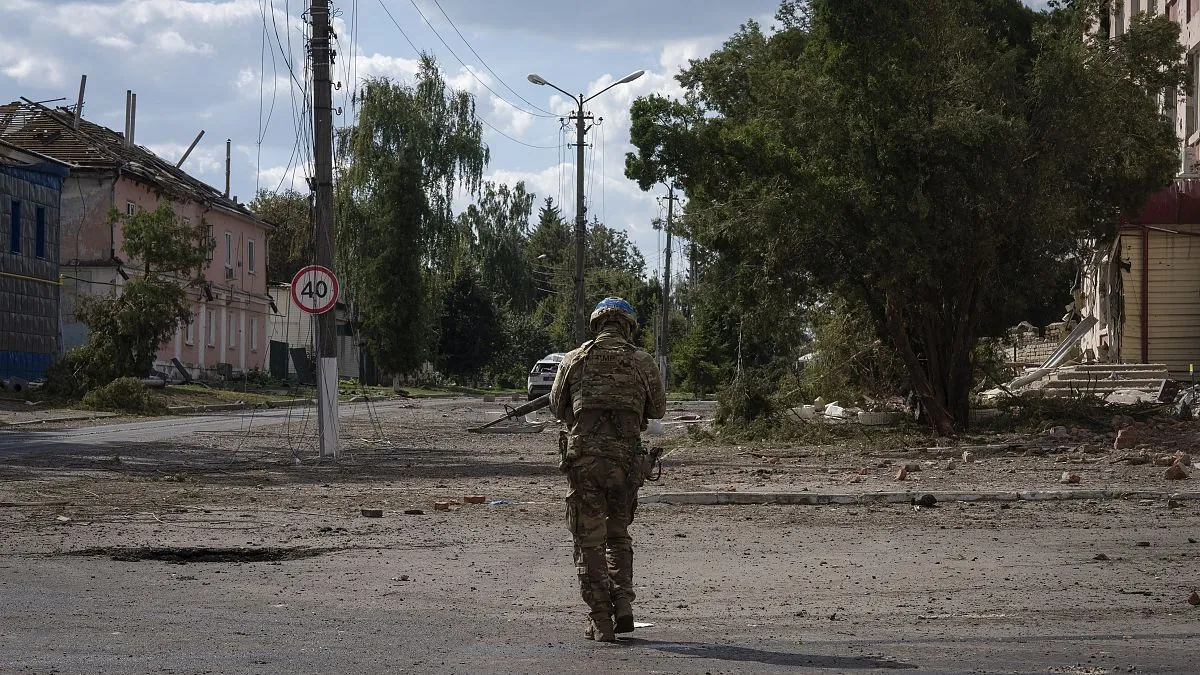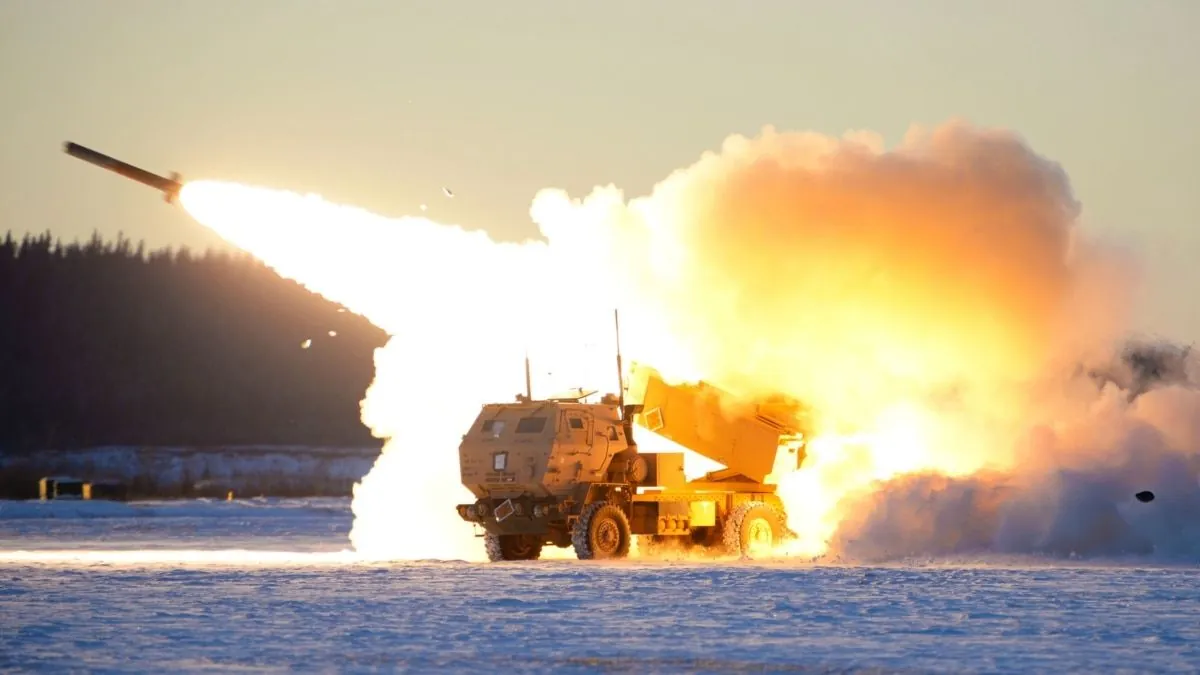Ukraine's Kursk Incursion Challenges Putin's Red Lines, Sparks Policy Debate
Ukraine's recent ground assault into Russia's Kursk region has exposed Moscow's military vulnerabilities and challenged long-held assumptions about escalation risks, prompting a reassessment of Western support strategies.

In a bold move that has sent shockwaves through international circles, Ukrainian forces recently conducted a ground incursion into Russia's Kursk region, challenging long-established notions of escalation in the ongoing conflict. This operation, occurring approximately 30 months after Russia's full-scale invasion of Ukraine, has sparked intense debate about the effectiveness of Western support strategies and the reality of Moscow's supposed "red lines."
The incursion into Kursk, a city with historical significance dating back to a major World War II tank battle in 1943, represents a significant shift in the conflict's dynamics. It marks the first foreign invasion of Russian territory since World War II, exposing vulnerabilities in Russia's defenses and calling into question the credibility of President Vladimir Putin's previous threats.
Putin's response to this unprecedented action has been notably subdued, contrasting sharply with his earlier rhetoric. In February 2022, at the onset of the invasion, he warned of severe consequences for any country interfering with Russia's actions. By September of that year, he explicitly threatened to use "all means at our disposal," a thinly veiled reference to Russia's nuclear arsenal, to protect Russian territory.
However, Ukraine's repeated breaches of these supposed red lines have not triggered the promised retaliation. From the sinking of the Russian Black Sea flagship Moskva to drone attacks on Moscow and the Kremlin, Ukraine has consistently pushed the boundaries of engagement without facing the threatened consequences.
This pattern of Ukrainian actions crossing ostensible red lines extends to the use of Western-supplied weapons systems. Equipment such as HIMARS, ATACMS, and F-16 fighter jets, once considered off-limits due to escalation concerns, are now being utilized by Ukrainian forces.

The Kursk incursion has reignited the debate over the U.S.-led policy on military aid to Ukraine. Critics argue that the cautious, calibrated approach to weapons supply, aimed at avoiding direct conflict with Russia, has inadvertently prolonged the war and limited Ukraine's ability to achieve decisive victories.
Oleksandr Danylyuk, a former Ukrainian intelligence and defense official, now associated with the Royal United Services Institute, asserts that the Kursk operation "proved the Russians are bluffing" and has "destroyed" narratives about Ukraine's inability to win and the inviolability of Russian red lines.
Ukrainian President Volodymyr Zelensky has seized upon this moment to challenge restrictions on the use of Western weapons against targets deep within Russia. He argues that the concept of "red lines" regarding Russia has "crumbled apart," calling for a reevaluation of support strategies.
Despite these developments, the fundamental balance of the war remains unchanged. Russian forces continue to make advances in eastern Ukraine, particularly around the city of Pokrovsk in the Donetsk region, a key logistical hub.
The international community now faces a critical juncture. The decision to allow or restrict Ukraine's ability to strike military targets deeper within Russia could have far-reaching implications for the conflict's trajectory and global security dynamics.
As the situation evolves, it is clear that the Kursk incursion has forced a reassessment of long-held assumptions about escalation risks and the nature of modern warfare. The coming months will likely see intense diplomatic activity as nations grapple with the new realities exposed by this bold Ukrainian operation.
"When you put your enemy's red lines, so to speak, as the crucial factor of your own strategy, you will always be on the losing side."
This statement encapsulates the growing sentiment among critics of the current Western approach, highlighting the need for a more assertive and clear-cut strategy in supporting Ukraine's defense efforts.


































